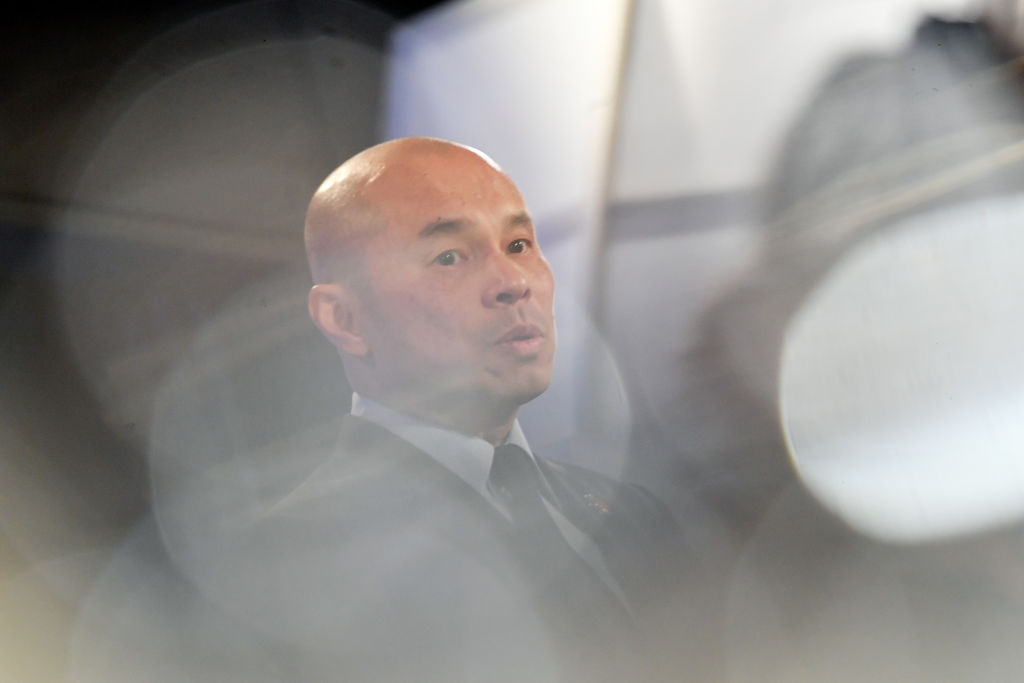
It’s been suggested that China’s deputy ambassador to Australia, Wang Xining, used an August 2020 speech to the National Press Club in Canberra to set out Beijing’s thinking on how Australia and China could reset their broken relationship and place it on a reliably positive trajectory. The prescription Wang offered was for each side to declare and practise respect for the other’s sovereignty, territorial integrity and choice of social, political and legal systems.
China is already a big part of our lives, and we can be certain that this will also be the case for the lives of our children and grandchildren. So we need to think very carefully about the deputy ambassador’s proposition. I think we can take it as given that our politicians and public servants are doing exactly that.
The complication is that the differences between our systems of governance are likely to be too great to be bridged by ‘mutual respect’. China has always declared that mutual respect for sovereignty, territorial integrity and the principle of non-interference in internal affairs rule its approach to other states and it seeks full reciprocity.
In recent times, but especially since the advent of Covid-19, this posture has been further developed into the proposition that the solution China has developed to the age-old problem of governance is demonstrably superior to the Western model. The inference is that ‘respect’ for this system should now be a no-brainer (although one might wonder whether performance in a pandemic is a good guide to what you might want to put in place for all the other times).
It would be silly to reject or oppose the suggestions China presents as the foundation of a constructive relationship. There are, however, compelling reasons to think that it may be wise for Australia to adopt a very Asian practice—namely, acknowledge the sincerity and legitimacy of China’s formulation but reserve the right to craft our own position. The essence of such a position might include the following sentiments: the government of Australia will strive to build and sustain a proper relationship with the Chinese Communist Party, approaching all issues carefully and thoughtfully, and remaining cognisant of realities and their practical implications.
The essential reason for this rather more pedestrian aspiration is that we confront in the CCP a state apparatus that recognises no limits on its authority to shape the behaviour of its subjects, whether simply as citizens or as business entities, and whether shaping involves denial and limitation or support and tasking.
The CCP has a concept of economic competition that, when it deems it necessary, can preclude failure; has stringent but deliberately vague guidelines on what its citizens should be interested in and know about; openly retains the right to determine if, when and how the ‘law’ is invoked in particular instances; and (because it is China’s permanent government) necessarily aspires to infallibility. The CCP has also repeatedly demonstrated an inability to resist the temptation to find ways of exercising all this authority even when its citizens find themselves abroad as tourists, students, employees or businesspeople.
These circumstances suggest that significant friction in the Australia–China relationship is inescapable. Australia would be foolish to set standards of tolerance it does not expect to meet and should accept the inevitable periodic disruption of the relationship as part of the cost of doing business. The approach suggested here is to consciously opt for a cooler, more distant relationship—one that probably involves forgoing some indeterminate volume of economic opportunities but is less prone to lurching from one crisis to the next.
A final caution. This approach is not an easy way out. It will take a great deal of political and diplomatic skill and persistence to convince China that this is a respectful as well as pragmatic compromise and that Australia will never forgo realistic proposals to take the relationship to new levels.
 Print This Post
Print This Post